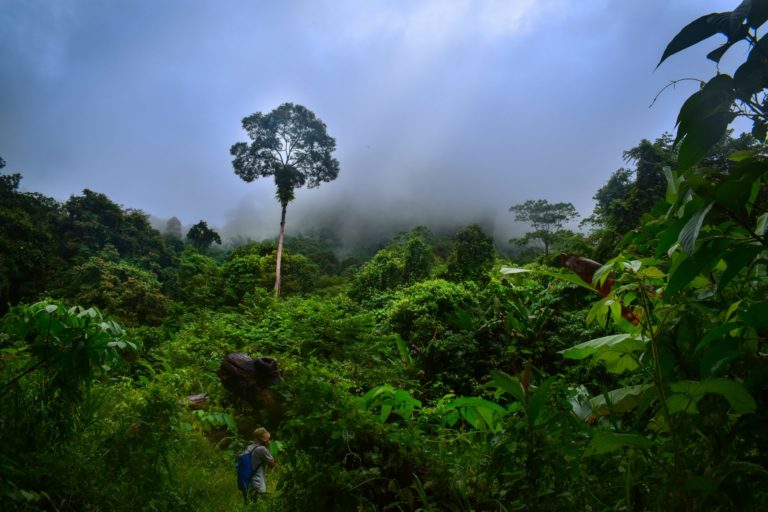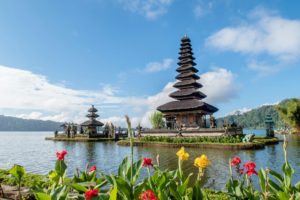JONGKONG KIRI HILIR, Indonesia – West Kalimantan Governor Sutarmidji is advocating for higher earnings for kratom farmers as new regulations reshape Indonesia’s kratom export landscape. Speaking to kratom farmers during a campaign stop in Jongkong Kiri Hilir Village, Sutarmidji highlighted the need to raise the current farmer-level price of kratom from IDR 30,000 ($1.93) per kilogram to at least IDR 50,000 ($3.21).
“The price [of kratom] at the farmer level is still not ideal,” said Sutarmidji, who is running for re-election. “Ideally, it should be above IDR 50,000 per kilogram.” He added that while farmers currently receive around IDR 30,000 per kilogram, an increase would bring them closer to the consumer end of the market, where prices are significantly higher. Export costs, Sutarmidji estimates, are approximately IDR 80-90 million per ton, translating to about $6.40 per kilogram.
Indonesia recently introduced stricter regulations aimed at boosting the quality and safety of kratom exports, which are detailed in the Ministry of Trade’s Regulations No. 20 and 21 of 2024. These measures mandate that kratom exports must be free from heavy metals and bacterial contamination, with only products meeting these standards allowed for export. Officials hope these new regulations will enhance the international reputation of Indonesian kratom, ensuring it remains competitive in the global market.

With the United States importing 95% of its kratom supply from Indonesia, the country currently dominates the international kratom trade. However, Indonesia could soon face competition from Thailand, where kratom has a centuries-long tradition of use. While Thailand banned kratom in 1943 due to conflicts with the opium trade, traditional use persisted. Following decriminalization in 2021, Thailand has ramped up domestic sales and is considering entry into the U.S. market, potentially challenging Indonesia’s near-monopoly in both the American and European markets.
Indonesia’s approach to kratom regulation is part of a broader effort to balance economic growth with public health standards. The new framework aims to boost the marketability of Indonesian kratom on the world stage while ensuring high-quality standards are met, preserving the substance’s value and safety for consumers globally.



